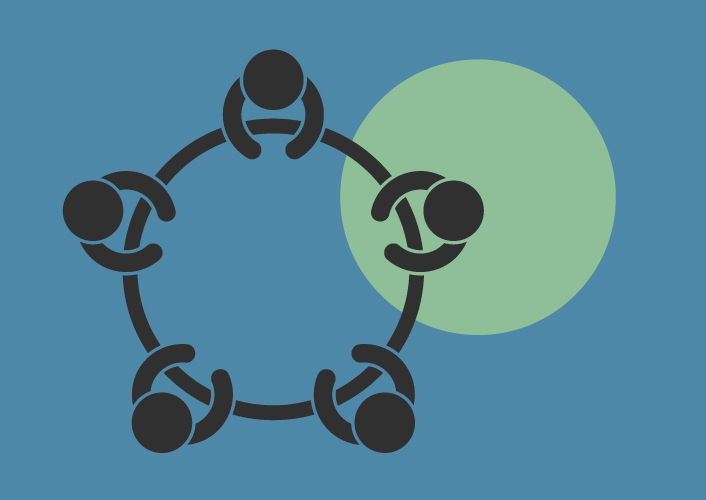Until recently, the Minnesota Suicide Prevention Taskforce, implemented in 2015 to address the steady increase in death by suicide in Minnesota, lacked representation from the gambling addiction field. But that changed in 2022, when Sonja Mertz, MNAPG community educator, joined the taskforce.
The 2015-2023 Minnesota State Suicide Prevention Plan was based on the National Strategy for Suicide Prevention and the premise that suicides are preventable, mental illness is treatable and recovery is possible. While the plan aimed to be comprehensive in its public health approach of promoting health and wellness in our communities, the topic of gambling addiction and the high number of suicides by those suffering from gambling problems was not addressed or even mentioned.
The lack of inclusion of gambling in the suicide prevention plan seemed a glaring omission, and after discussion with Susan Sheridan Tucker, MNAPG executive director, and Kelly Felton, Minnesota suicide prevention coordinator, it was agreed that MNAPG would take a seat on the taskforce. The Minnesota Suicide Prevention Taskforce meets on a bimonthly basis and collaborates with the Department of Health to develop, implement and evaluate the state plan. At the February meeting, it was announced that the new 2023-2027 State Suicide Prevention Plan was finished and had been sent to the Commissioner of Health for a final signature.
Findings from both community engagement feedback, and mortality and morbidity data were used to identify and prioritize efforts for the new state plan. Priority populations for focus of suicide prevention efforts include youth (ages 10-24), LGBTQ+ communities, Black/African Americans, American Indians, middle-aged males, veterans and people with disabilities. As strategies are created and implemented, including those used by the Minnesota suicide prevention community grantees, MNAPG will work to ensure that language regarding gambling behavior, gambling risks and gambling addiction are considered and included.
Sonja is also a member of the Data Action Team whose purpose is to guide the implementation of the data-related goals and objectives of the state plan. This team analyzes current data sources, including suicide trends, mortality reports, student survey results and community data. Most recently, the committee looked at adult risk and protective factors and how those factors can assist in addressing the mental health needs of communities and populations. Sonja will continue to provide updates on how the topic of gambling addiction is being incorporated into data collection and analysis.

